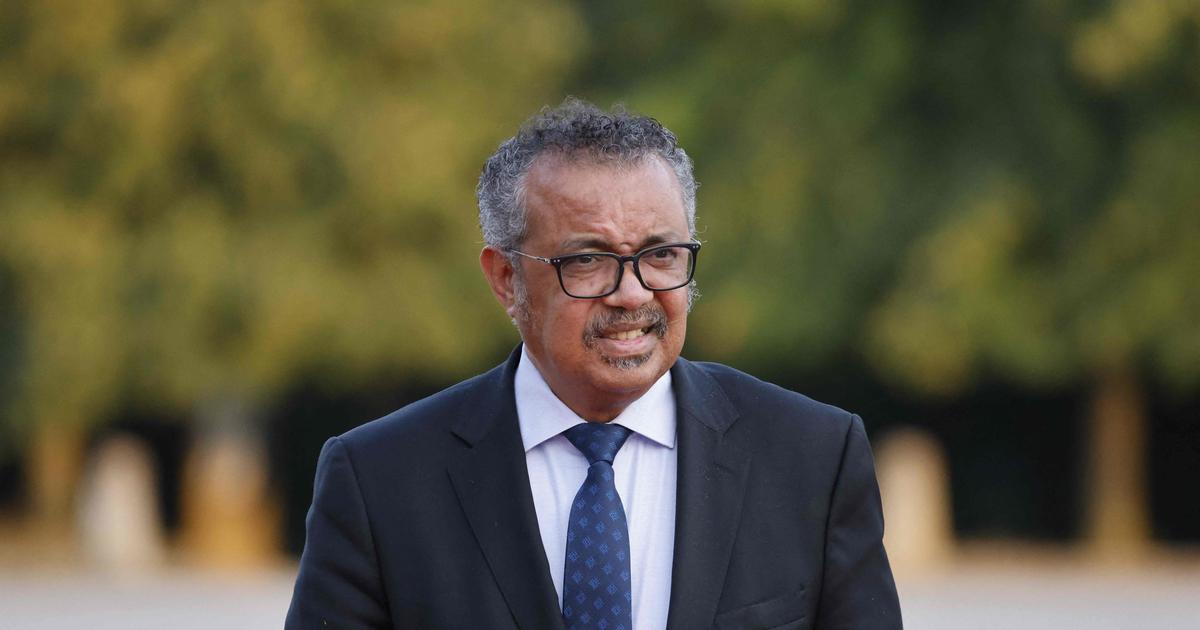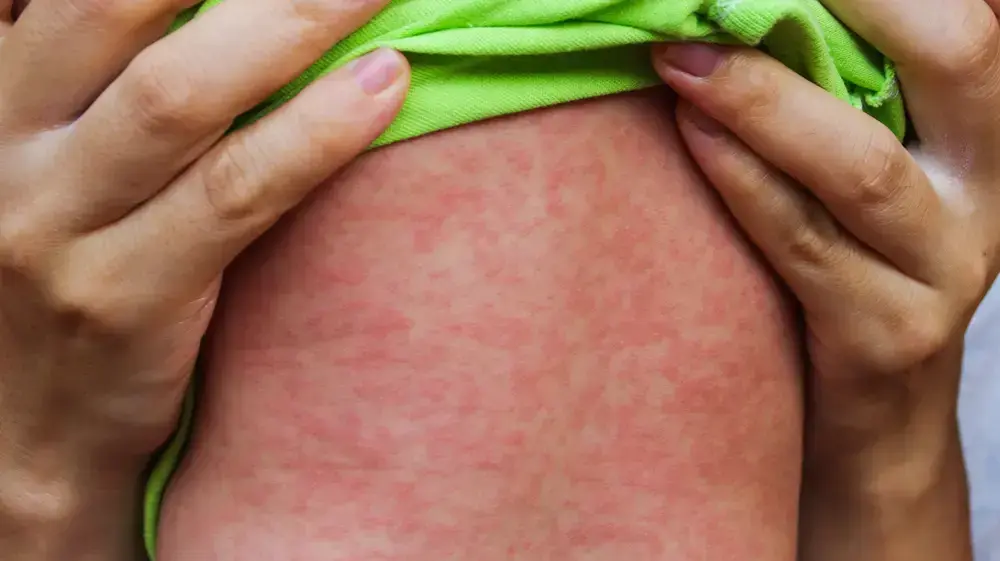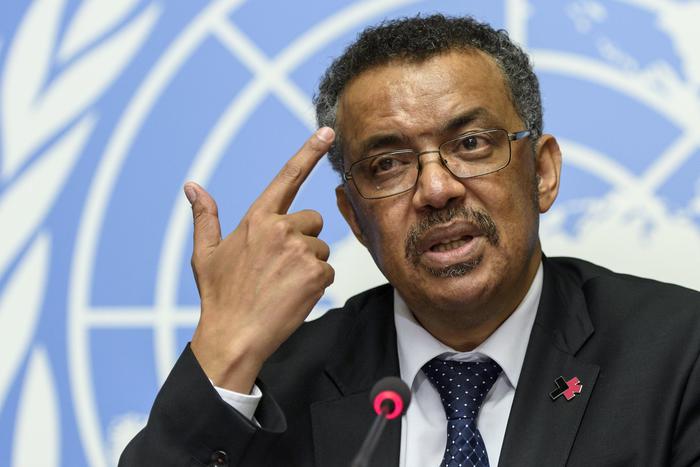The WHO director-general said he was
“worried”
on Thursday about the increase in the number of monkeypox cases at the opening of the Emergency Committee meeting, seeking advice from experts before deciding on the reaching the highest level of alert in the organization.
"I need your advice to assess the immediate and long-term public health implications of the evolution of this event,"
said Dr. Tedros Adhanom Ghebreyesus, who
"remains concerned"
about the spread of the disease.
It is his responsibility to eventually declare the public health emergency of international concern, the highest level of alert of the health agency,
Dr. Tedros had called on the experts to
“(him) provide the information and advice to inform his decision”
, having
“fully realized”
that this
“involves considering many factors, with the ultimate objective of protecting health. public»
.
The emergency committee meeting lasted less than six hours.
But the possible conclusions of the experts have not been made public.
This Emergency Committee assessed the epidemiological indicators, while the situation has worsened in recent weeks with now more than 15,300 cases recorded in 71 countries, according to the latest figures from the United States health authorities (CDC), the most up to date.
At a first meeting on June 23, the majority of experts recommended that Dr. Tedros not declare a public health emergency of international concern.
Avoid stigma
Detected in early May, the unusual upsurge in monkeypox cases outside central and western African countries where the virus is endemic has since spread across the globe, with Europe as its epicenter.
First detected in humans in 1970, monkeypox is less dangerous and contagious than its cousin smallpox, eradicated in 1980. In most cases, sufferers are men who have sex with men, relatively young, and living mainly in cities, according to the WHO.
“This mode of transmission represents both an opportunity to implement targeted public health interventions, and a challenge, because in some countries, affected communities face discrimination that threatens their lives”
, noted Dr. Tedros.
“There is a real concern that men who have sex with men could be stigmatized or blamed for the spike in cases, making it much harder to trace and stop
,” he warned.
It is therefore necessary to
“work closely with affected communities in all regions”
to adopt
“the most effective approaches”,
continued the Director General, further lamenting the lack of information from the regions of Central and West Africa, where the virus is endemic.
According to the latest WHO figures published on Thursday, as of July 20, Europe remains the most affected region with nearly three quarters of cases, followed by the Americas (22.9%).
Spain is the most affected country in the world, with 3,125 cases, ahead of the United Kingdom (2,137), Germany (2,110), the United States (1,965), France (912), the Netherlands (656), Canada (604), Portugal (515), Brazil (384) and Italy (374).
In 77.2% of the cases, the patients are men aged 18 to 44, and 98.1% of the people who gave their sexual orientation are men who have sex with men.
Read alsoMonkey pox: France will extend vaccination to the most exposed groups
The health agency works in parallel alongside member states and experts to advance research and development around the virus, while vaccines are rare.
The Danish company Bavarian Nordic, the only laboratory producing an authorized vaccine against monkeypox, announced on Tuesday that it had received an order for 1.5 million doses, most of which will be delivered in 2023, from a European country whose name is n did not filter, while the United States ordered 2.5 million additional doses.
In France, according to the Directorate General of Health, responding Thursday to franceinfo, 30,000 doses were taken out of vaccine stocks, and more than two thirds reached the field.









